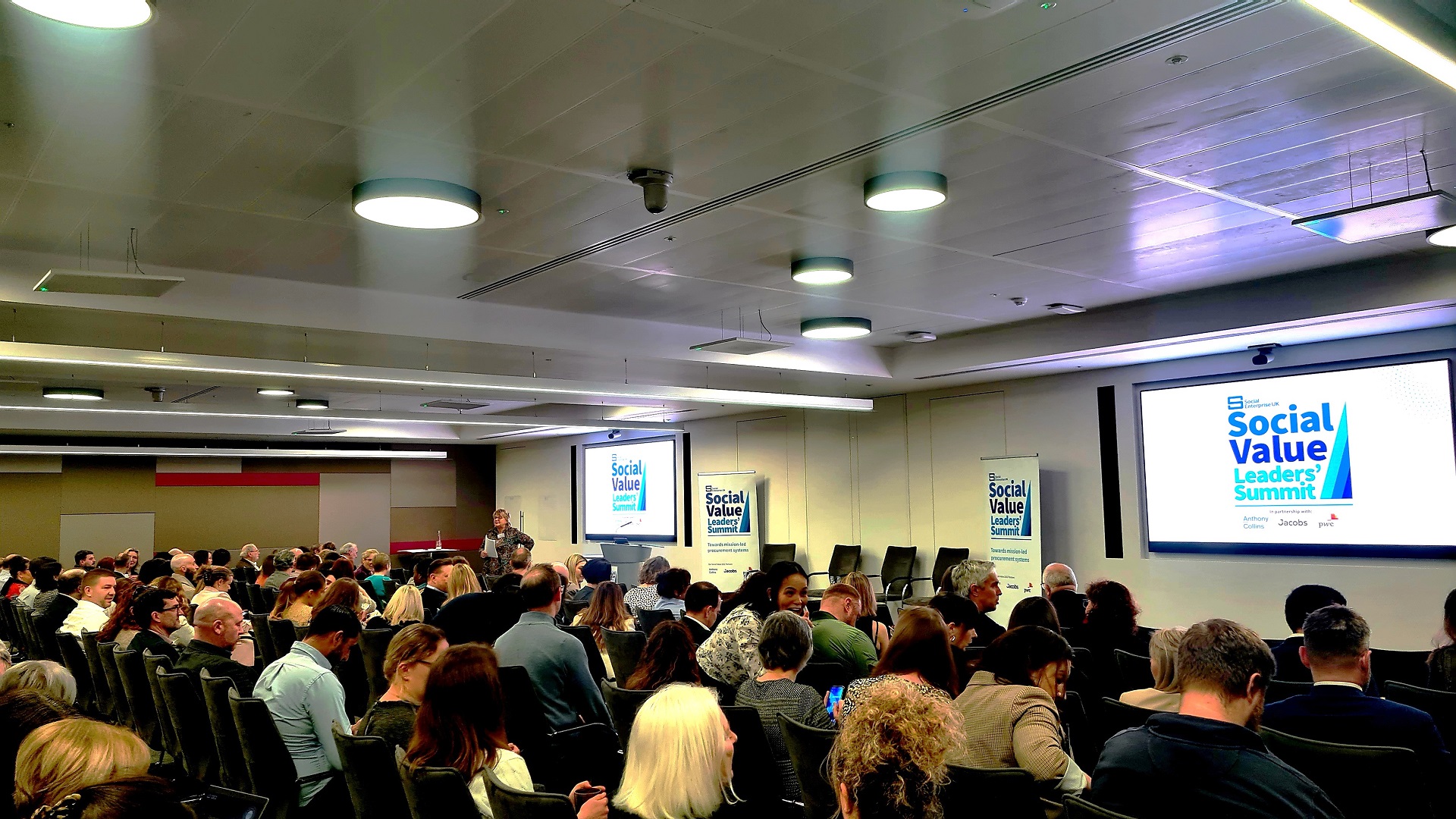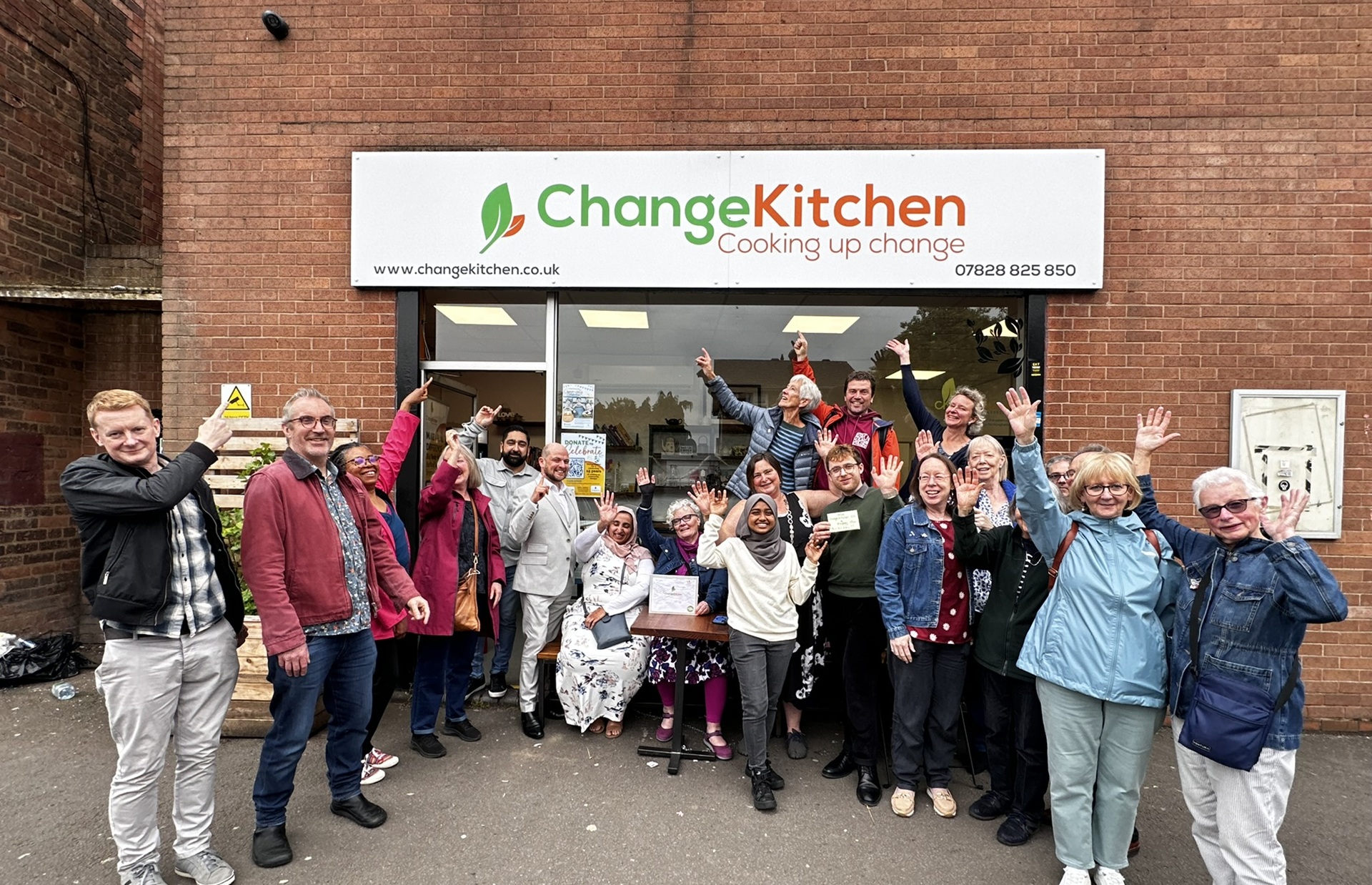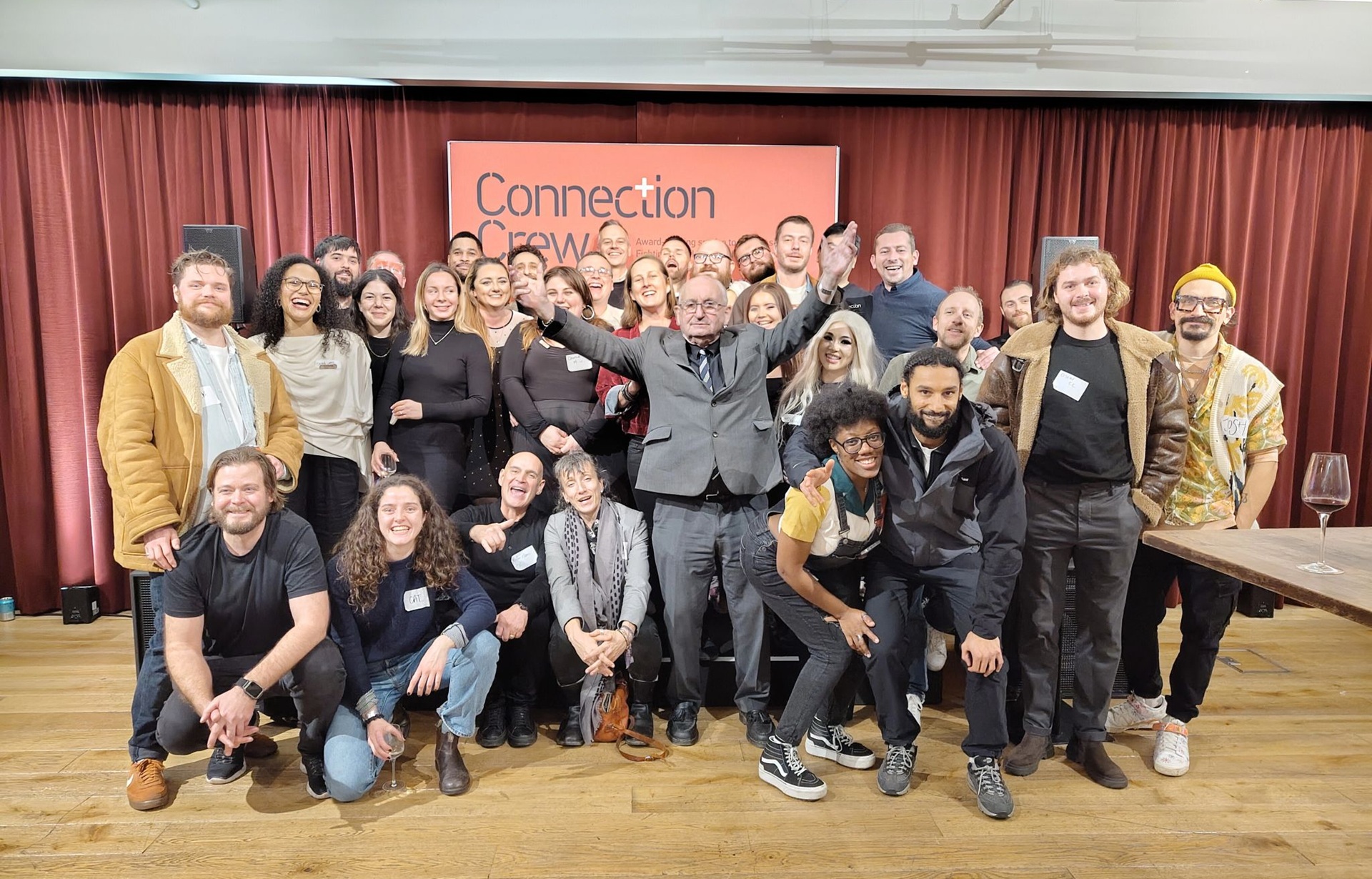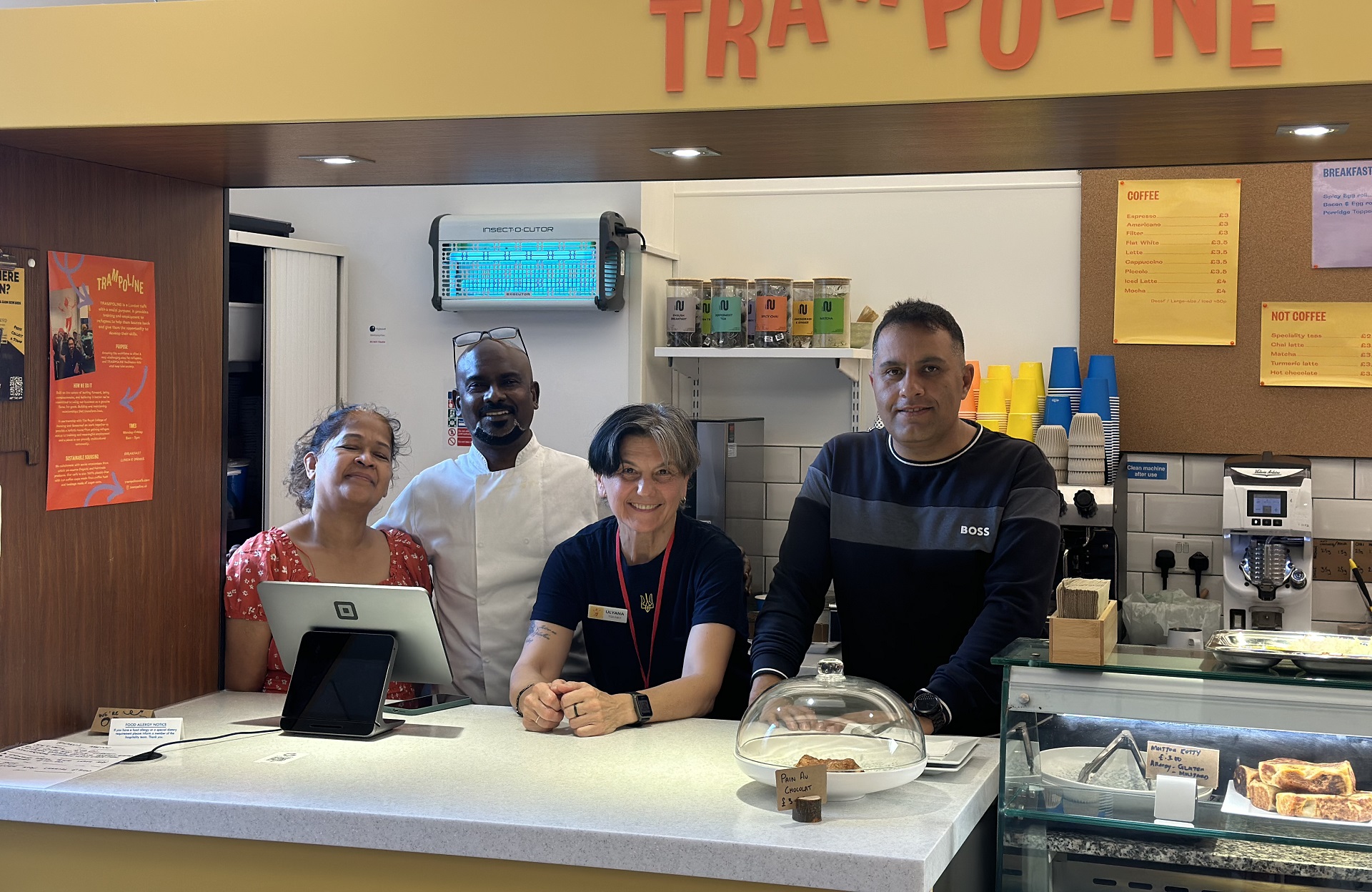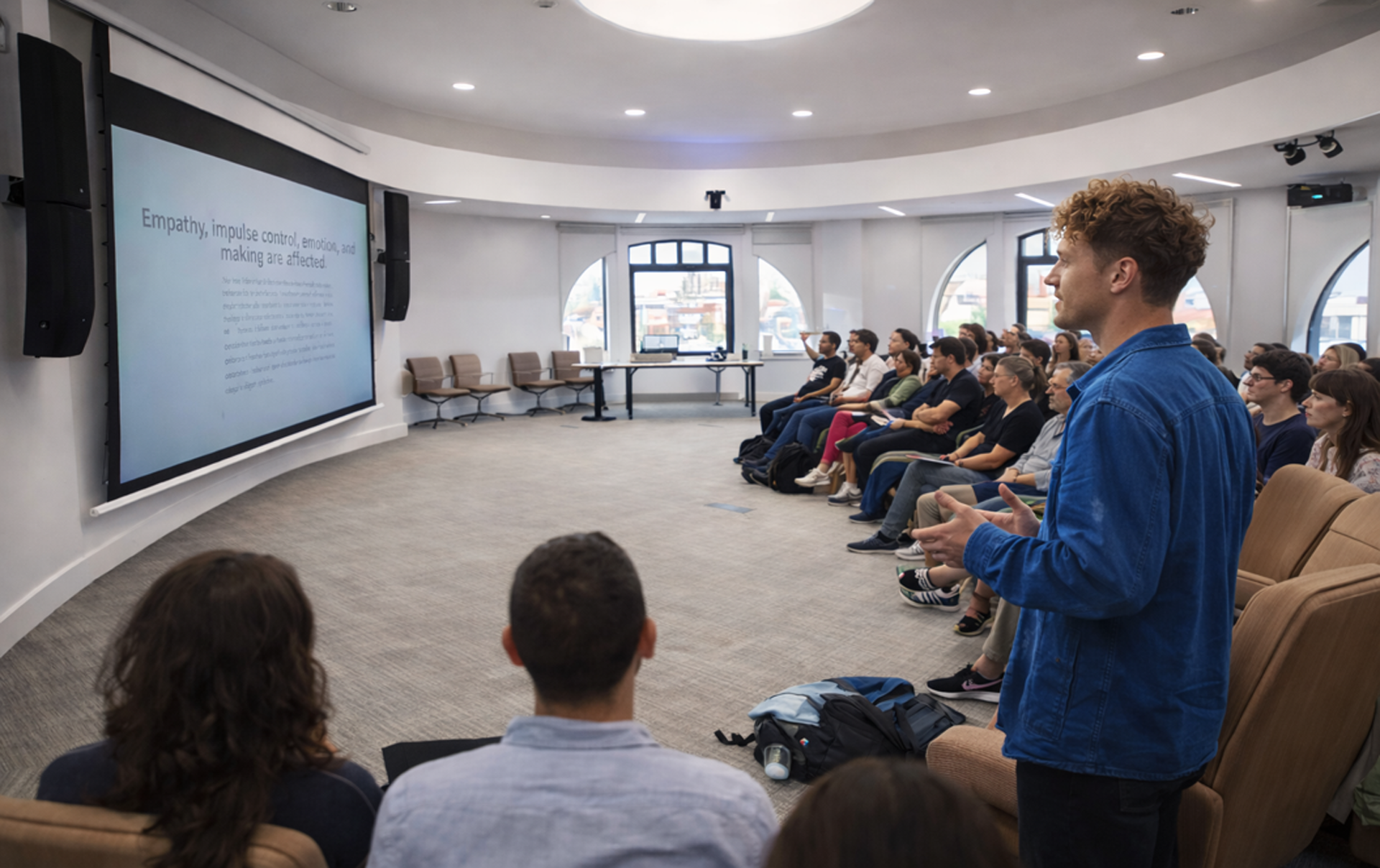
Member updates
Exceptional Individuals: from lived experience to national impact in neurodivergent employment
Exceptional Individuals is a social enterprise supporting neurodivergent people, including those with ADHD, autism, dyslexia and dyspraxia, into and within work. The organisation was founded 10 years ago by Matt Boyd, drawing on his own lived experience of unemployment and navigating work as a neurodivergent person. What began with the simple aim of supporting just one other person facing similar barriers has grown into a national organisation delivering impact at scale. Today, Exceptional Individuals is a neurodivergent-led organisation, with around 90% of its team identifying as neurodivergent. This lived experience sits at the heart of its work, shaping services that are practical, trusted and rooted in real-world understanding. Over the past year alone, more than 2 million people accessed the Exceptional Individuals website, reflecting growing demand for clear, accessible information about neurodiversity and employment. Around 5,000 people each day use the organisation’s online tools and resources to better understand neurodivergent traits and characteristics, often representing a first step towards self-understanding, workplace support or career progression. Exceptional Individuals supports individuals directly through workplace needs assessments, coaching and in-work support, helping neurodivergent people stay in employment, progress in their careers and avoid unnecessary job loss. This work not only improves individual outcomes, but also reduces the wider social and economic costs associated with exclusion from work. Alongside individual support, the organisation works extensively with corporate employers, delivering neurodiversity training, consultancy and practical guidance. This includes supporting line managers, HR teams and senior leaders to better understand neurodivergent talent, implement reasonable adjustments and embed inclusive practice across recruitment, retention and progression. By working with employers, Exceptional Individuals helps create environments where neurodivergent people can thrive rather than simply cope. As demand for neurodiversity support continues to grow, Exceptional Individuals is also expanding its work to train front-line staff in other charities and social enterprises, building sector-wide capacity and improving support for neurodivergent people across services. From its beginnings supporting a single individual, Exceptional Individuals has now supported thousands of neurodivergent people and worked with organisations across the UK, demonstrating the social and economic value of inclusive employment. Useful links To book a Workplace Needs Assessment or access in-work support: exceptionalindividuals.com/candidates/workplace-needs-assessments/ To explore neurodiversity resources and quizzes, including support for individuals and those wondering if they may have neurodivergent traits: exceptionalindividuals.com/candidates/neurodiversity-resources/neurodiversity-quizzes/ To find out more about Exceptional Individuals and access further resources: exceptionalindividuals.com/
2 min


